I was grateful to be invited to talk with Steve Randell on the Share Your Difference Podcast in early 2020. But for many reasons that talk didn’t happen until much later. And thank goodness.
A particular global situation meant we got to speak in August. This event only enforced what I was going to talk about back in Jan/Feb, but with a more apparent context. While marketing was the topic, the theme was about becoming purpose-led as a strategy for long term loyalty.
What do you mean by purpose-led marketing?
Purpose-led marketing is not about pushing your products or services as such. It is about making sure your core branding and what your business stands for is clear (alongside messaging around what you offer your customers).
We have seen and know that storytelling became important as social media and blogging evolved. Well, welcome to the next level.
Your customers want to go deeper and know what you, your business and employees believe in.
79 percent [of CEO’s] say they have had to re-evaluate their purpose as a result of COVID-19.
KPMG
Marketing with values.
Previously businesses shied away from topics that could see them in favour of one side or another. In 2020 that isn’t good enough. As Desmond Tutu said:
“If you are neutral in situations of injustice, you have chosen the side of the oppressor.”
With BLM, transgender rights being hammered from every direction and more, avoiding these issues, internally or externally, is not something a business can get away with.
Now, this is not to say that you have to be part of every discussion publicly or have to wade into a topic that you are not equipped to get involved in. But you have to:
- Listen.
- Do the inner work to see how you are holding biases or where your gaps in understanding are.
- Educate yourself through reading, attending seminars, paying for courses etc.
- Look at your business and where it could be excluding or harming groups of society.
- Have discussions and listen to employees that have something to add.
- Be prepared to get it wrong and then learn not to get defensive when you do.
Speed is not of the essence...kind of!
Tokenism, superficial acts of solidarity, and hastily reaching out (even with the best intentions) before doing some inner work can be more harmful in the long run than that quick “good person” dash to put something out on the www.
We need to understand that we can’t tackle all injustices in our lifetime. That doesn’t mean you should not try and make the world a bit better, a lead the way for generations to come. So, when you have decided to nail colours to a flag (or two), you need to check that your house is in order. For example, we are an all-white company (used to be all-white and female). We recognise that and are interrogating why is the case.
As we do not have set recruitment procedures, we have a chance to ensure that if we do that put these processes in, we make them as non-bias as possible. We have only ever hired one person via the “traditional” recruitment method of putting a job out there and someone applying. Everyone else is via recommendations and networking. So we know one thing we need to do is to expand our networking circles.
We also recognise that we have to openly talk about the causes that we are passionate about, to attract people from more diverse communities. By being vocal and frankly speaking about “topics” can be seen as a political or “taboo” it shows.
- As a business, we are actively trying to be better, learn and create a space that is inclusive and safe for all.
- The values and ethics we hold as a business and team. Some of our employees support one cause more than another because they align with it more, but we all uphold each other’s values, ethics and beliefs.
And while I mentioned not to rush into saying one thing while doing another, these causes need to know who have their backs, as do the public that supports them. So they can work with or buy from businesses that are in line with their ethics and values.
The marmite effect.
You will turn some people off by having a voice in certain areas.
But that is ok. No business can please everyone and nor should companies be trying to. You will get splinters sitting on the fence for all that time and for what? Unloyal customers that won’t buy into your brand so can be quickly taken by a competitor who aligns with their values more as soon as they show themselves.
The James Smith Academy is a perfect example that we have used before. James speaks his truth without a thought for who he annoys. He knows that those people do not buy into what he says is not his tribe. But those that do love him. It would help if everyone were a bit more like James.
However, don’t overstep the mark by being aggressive for the sake of it. Or, on the flip side, go so gun hoe that risk being seen as disingenuous. A considered approach does much better in the long.
Tips for a purpose-led business & how to communicate.
- Do the inner work. You can not miss this step. Educating yourself is critical. You need to know where your gaps in knowledge or your blind spots are to understand then where you are business needs to improve. This needs to be done across the company. You can’t have one person that has done the work and think you have ticked a box.
- It is not a tick box exercise. If you are committed to a cause, the whole company has to be on board. You can not communicate that you are an anti-racist company and then have team members that are the opposite and display that on their socials (for example). The stance has to be tough, and challenging conversations may and will have to happen. It would be best if you were prepared and willing to have those.





